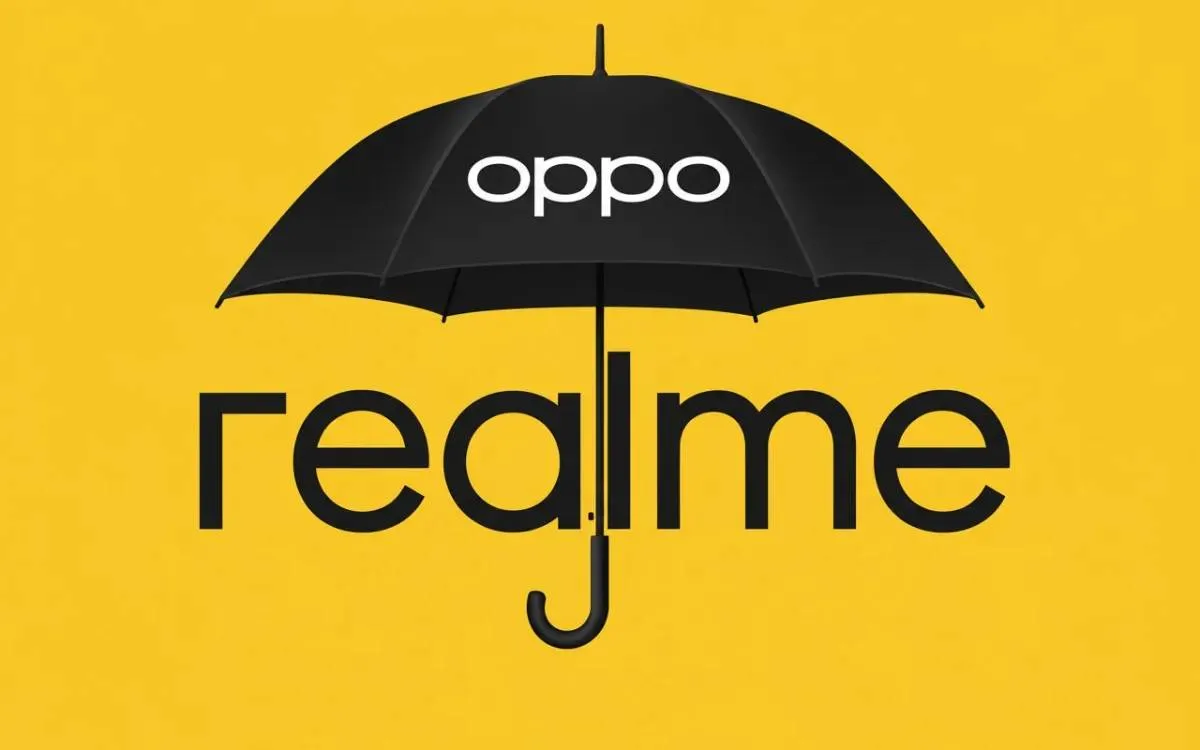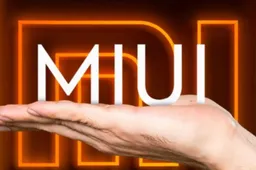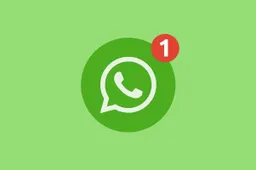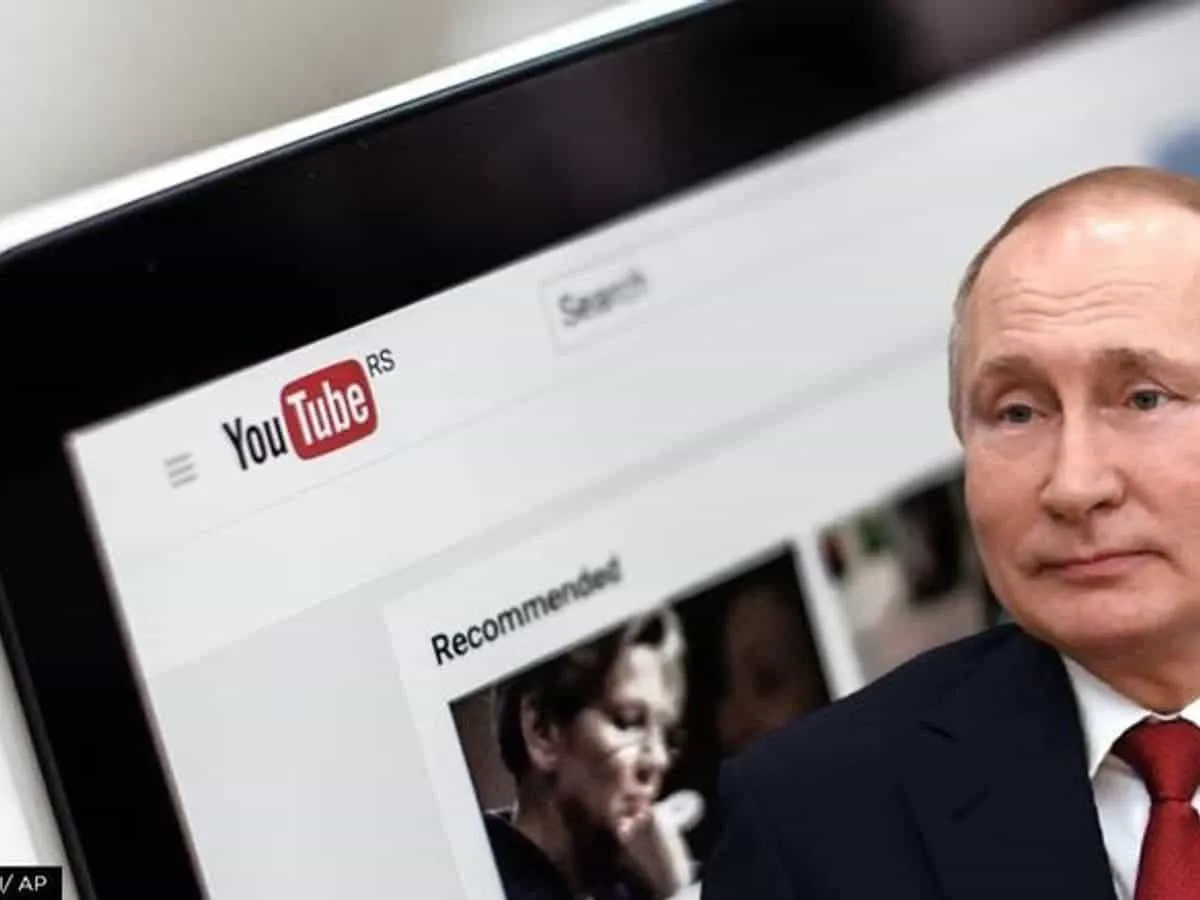
Almost since the beginning of the war in Ukraine, Russia has been very actively talking about blocking YouTube. The reason for this was the policy of the video streaming service regarding the denial of access to a number of state-owned Russian channels, as well as the desire of the authorities to censor content. On the topic that YouTube should be expelled from Russia, many politicians and officials spoke out, and some even predicted an early closure of access to the site.
In early April, Russian Foreign Ministry spokeswoman Maria Zakharova said that YouTube could soon be blocked in Russia. In this regard, the diplomat advised users to take immediate measures so as not to lose the materials on the platform. This is how she reacted to the blocking of the Duma TV channel; which broadcast exclusive comments by deputies, broadcasts of plenary sessions and socio-political programs.
Blocking YouTube in Russia: why this has not happened so far
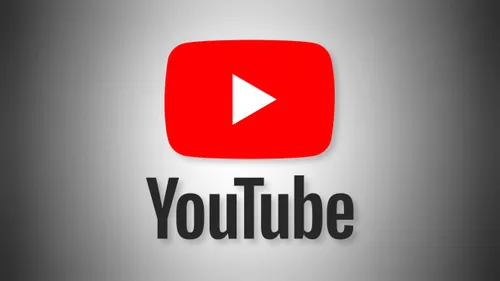
But time goes by and the officials are not in hurry to make a decision to block YouTube. And this is despite all the “violations”, angry appeals demanding an end to the practice of discrediting the Russian military and the immediate restoration of access to blocked Russian channels. But it seems that the Officials have changed their minds.
Whether Russia will ban YouTube or not, there is no exact information. But there is a chance that this will not happen. Thus, the head of the Human Rights Council under the President of the Russian Federation, Valery Fadeev, said that the video streaming service has become a platform for the dissemination of false and fake information about the “military operation” in Ukraine. But if you close access to it, then Russia will lose the tool for disseminating information "which we consider necessary". “How then to promote your understanding, your interpretation, your truth. There is no unambiguous answer,” according to Valery Fadeev.
"I want to block YouTube, but how then to promote my understanding, my interpretation, my truth? I don't have a definitive answer here".
Roskomnadzor reported claims regarding the work of the popular service many times. So, the department noted that they would not take new measures against YouTube; if the video hosting complied with the requirements of Russian legislation. It would remove illegal content, moderate it and remove restrictions from Russian media.
Loading


